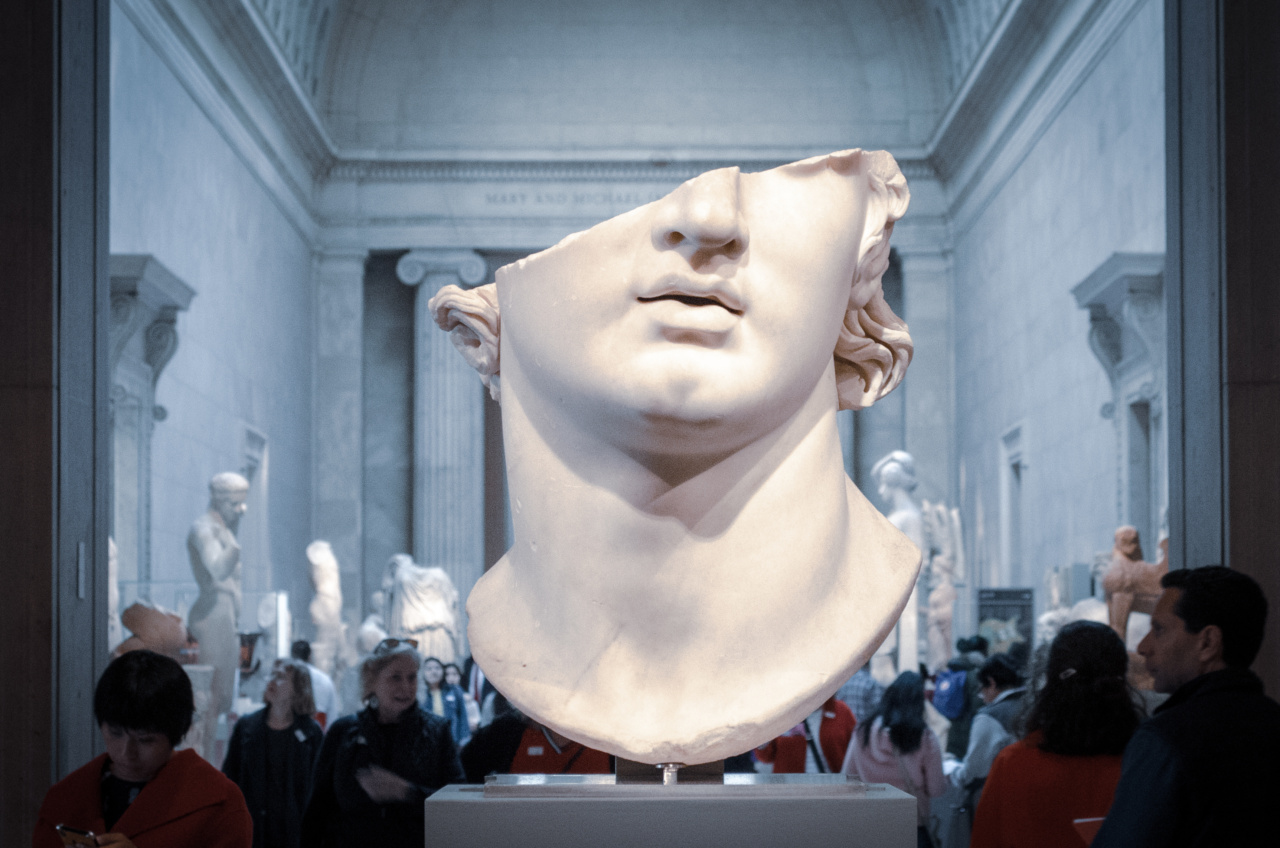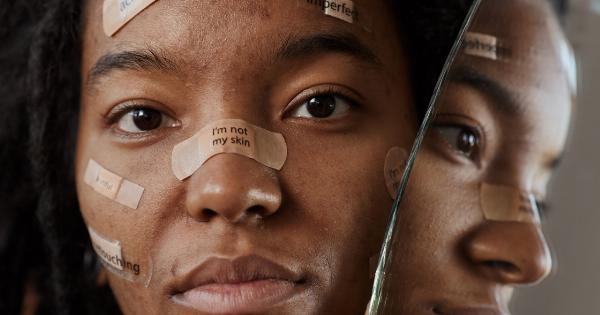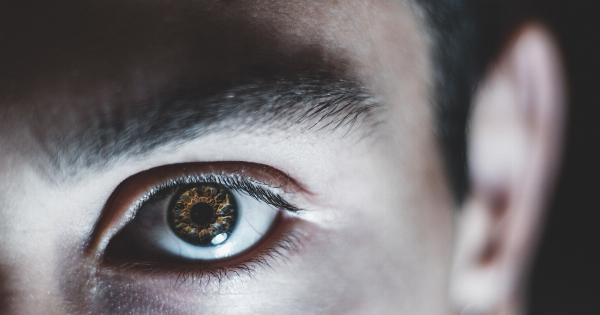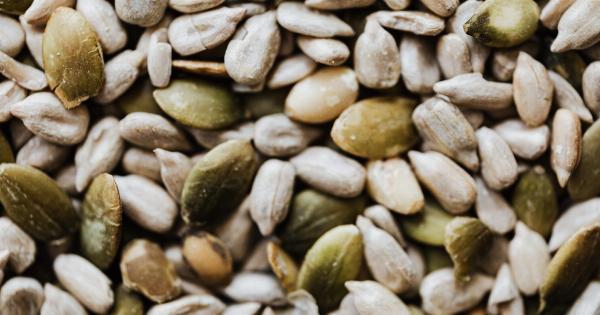Acne is a common skin condition that affects millions of people worldwide. It can be not only physically but also emotionally distressing, leading to lowered self-esteem and even depression in severe cases.
With the prevalence of acne, there are numerous myths and misconceptions surrounding its causes, treatments, and prevention. In this article, we will debunk some of the most common acne myths and provide evidence-based information to help bust these myths once and for all.
Myth 1: Acne is caused by poor hygiene
Contrary to popular belief, acne is not caused by poor hygiene. While it is essential to keep the skin clean, excessive washing can actually worsen acne.
Acne is primarily caused by a combination of factors including excess oil production, clogged pores, and an overgrowth of bacteria. These factors are influenced by hormonal changes, genetics, and certain medications, rather than cleanliness alone.
Myth 2: Eating greasy foods causes acne
Another prevailing myth is that consuming greasy or oily foods directly leads to acne breakouts. However, scientific studies have not been able to establish a clear link between diet and acne.
While a healthy diet is beneficial for overall skin health, there is no concrete evidence to suggest that specific foods directly cause acne. Instead, factors such as hormones and genetics play a more significant role in the development of acne.
Myth 3: Popping pimples helps them heal faster
Many individuals believe that popping pimples helps them heal faster. In reality, popping or squeezing pimples can cause more harm than good. It can lead to inflammation, further spread of bacteria, and even scarring.
It is best to resist the temptation to pop or squeeze pimples and instead opt for appropriate acne treatments recommended by dermatologists.
Myth 4: Only teenagers get acne
Acne is commonly associated with puberty and adolescence. However, it can affect individuals of all ages, from infants to adults.
Adult acne is more prevalent than commonly believed, and it can be triggered by hormonal fluctuations, stress, certain medications, and underlying medical conditions. Understanding that acne can occur at any age is crucial to seek appropriate treatment and not dismiss it as a temporary teenage issue.
Myth 5: Sun exposure clears acne
Exposing the skin to the sun and tanning beds may temporarily improve the appearance of acne. However, this improvement is only temporary and can lead to more harm than good in the long run.
Sun exposure damages the skin, increases the risk of skin cancer, and can worsen acne in the form of post-inflammatory hyperpigmentation. It is crucial to protect the skin from excessive sun exposure and use non-comedogenic sunscreen to prevent acne flare-ups.
Myth 6: Acne is caused by dirty pillowcases and sheets
While it is essential to maintain clean bedding for general hygiene, dirty pillowcases and sheets alone do not cause acne. Acne is primarily influenced by hormonal factors and the production of excess sebum.
However, sleeping on dirty pillowcases and sheets may transfer bacteria and other irritants to the skin, potentially aggravating existing acne. It is advisable to wash pillowcases and bed sheets regularly, especially for individuals prone to acne.
Myth 7: Over-the-counter products can cure all types of acne
Over-the-counter (OTC) acne products can be effective in treating mild cases of acne. However, more severe forms of acne, such as cystic acne, require professional medical intervention.
OTC products typically contain lower concentrations of active ingredients compared to prescription-strength treatments. It is essential to consult with a dermatologist for a comprehensive evaluation and personalized treatment plan for more stubborn or severe acne.
Myth 8: Makeup worsens acne
There is a common misconception that wearing makeup exacerbates acne. While some makeup products may clog pores and contribute to breakouts, not all cosmetics have the same effect.
Non-comedogenic and oil-free makeup products are specifically formulated to minimize pore-clogging and are generally safe for individuals with acne-prone skin. Proper makeup removal and regular cleansing routine are important for individuals using makeup, ensuring the skin remains clean and healthy.
Myth 9: Acne is a result of poor lifestyle choices
Although lifestyle choices can play a part in the development and severity of acne, it is erroneous to conclude that individuals with acne have poor lifestyle habits.
Factors such as genetics, hormones, and underlying medical conditions contribute significantly to acne. While adopting a healthy lifestyle, including regular exercise, balanced diet, and stress management, can improve overall well-being, it may not completely eradicate acne.
It is essential to approach acne treatment holistically, considering multiple factors that contribute to its manifestation.
Myth 10: Acne will disappear on its own
Acne can be a stubborn condition, and for some individuals, it may persist for several years.
While acne may eventually resolve on its own for some people, seeking early and appropriate treatment is vital to prevent potential scarring and long-term emotional distress. Dermatologists can provide effective treatment options, both topical and oral, to reduce acne’s severity, prevent new breakouts, and minimize the risk of lasting marks.




























